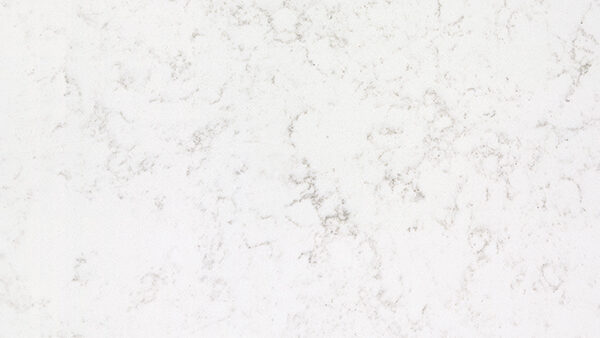Quartz Surfaces are durable products that will last for many years with simple care. Please follow these instructions herein to maintain your Quartz Surfaces product. Go wiki how.
Routine Care
On a routine basis, simply wipe the surface using a clean, soft cloth or sponge with a mile dish-soap diluted in warm water. Polished quartz has low porosity and, therefore, does not require the use of a surface sealant and is naturally resistant to surface staining from cooking oils, wine, coffee, etc. In most cases, a mild dish-soap and water is enough to keep your surface looking clean. Afterwards, thoroughly rinse with clean water and dry with soft cloth or paper towels to prevent spotting. For best results, clean liquid spills and dried foods as soon as possible.

Stubborn Stains and Marks
Apply a non-abrasive household cleaner and rinse to remove residue. For dried liquids, foods and any harden marks, remove by gently scraping the surface with a plastic putty knife or a non-abrasive pad and then use a damp cloth to lift any residual stains and marks. NEVER use Methylene Chloride or cleaners containing any alkaline materials.

Preventing Damage
HEAT :
Although KOMAN quartz is more heat resistance than most surfaces around the home, all stone products can be damaged by sudden and extreme temperature changes, especially near the edges. For this reason, always use a hot pad or a trivet with rubber feet to protect the surface.
SCRATCHES :
Koman quartz is substantially harder than natural stone and is highly resistant to scratching. However, avoid damage by refraining from using knives, screw drivers and other sharp objects directly on the surface. Never cut or chop directly on a quartz surface, always use a cutting/chopping board when preparing foods.
CHEMICALS :
• Avoid standing on countertops or dropping heavy objects on the surface.
• Avoid using cleaners that contain Pine Oil – without very through rinsing, these products may leave behind a stubborn residue.
The pine oil will attract and holds dirt on the surface, eventually reducing the cleanliness of the surface and affecting its appearance.
• Avoid using highly aggressive cleaning agents such as oven/grill cleaners and dishwater polishing agents that have high alkaline/pH levels (pH 8.5 or higher).
• Avoid using abrasive scrubs and cleaners that contain either soft or hard abrasive particles.
• Avoid using cleaners that contain xylene, toluene, potassium hydroxide or caustic soda.
• Avoid exposing quartz surface to strong chemicals such as paint removers, furniture strippers containing trichlorethane or methylene chloride.


